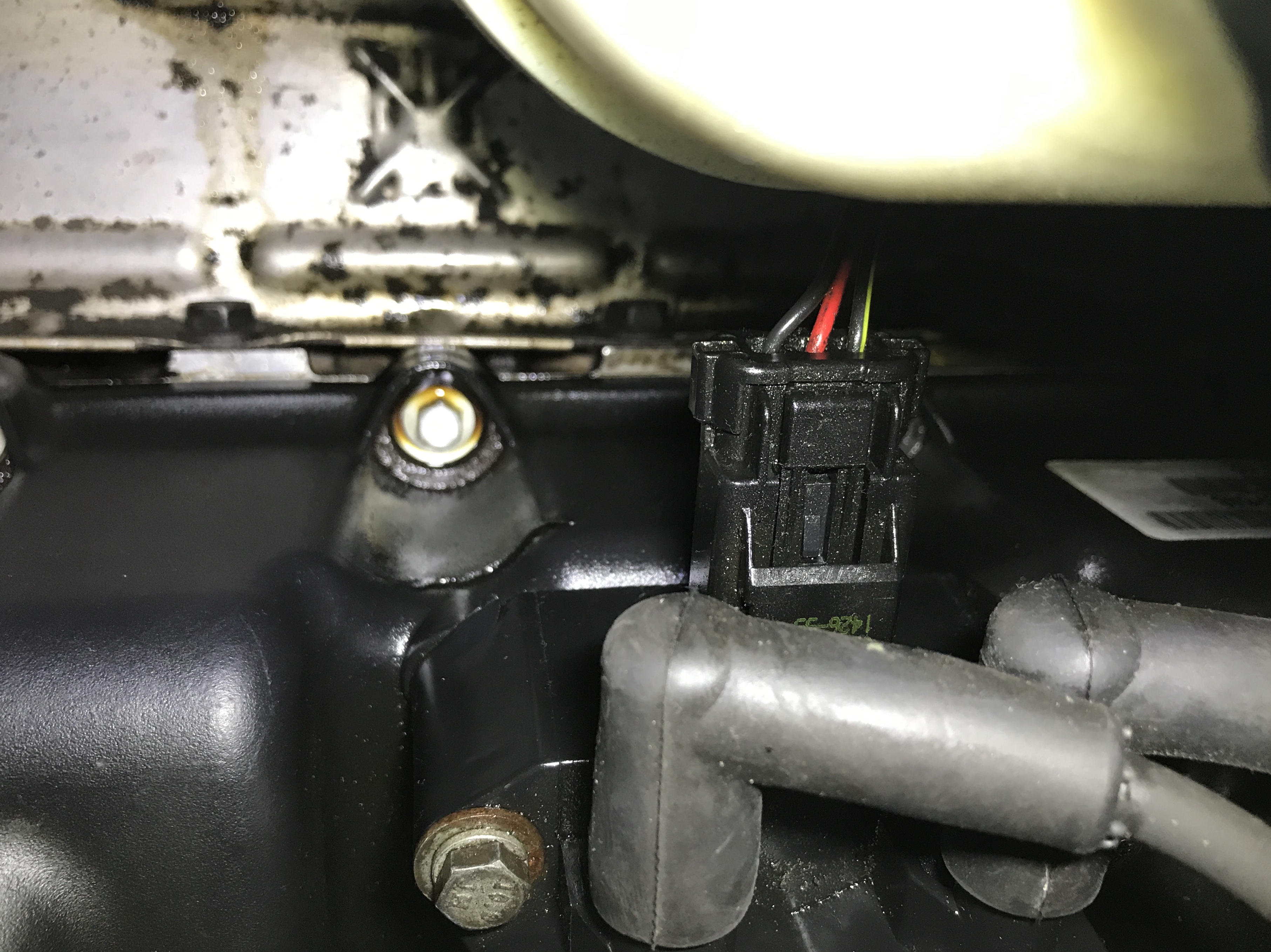Featured
- Get link
- X
- Other Apps
Coolant Reservoir Boiling But Not Overheating
Coolant Reservoir Boiling But Not Overheating. What causes coolant to overflow in a car? What causes coolant to be pushed out of the radiator cap?

This breach causes coolant to leak from the head gasket into the cylinder head. If the cooling fan motor fails, its blades stop spinning, and. Your burst head gasket, however, is the main culprit.
Be Sure You Have The Proper Level Of Coolant In Your Vehicle.
As the liquid leaks into the cylinders. Barkydog june 7, 2016, 4:13am #9. The leaking coolant is mixing with the engine oil, and the oil is ending up in the coolant.
Replace The Thermostat With A New One.
Aluminum radiator is in place and fan was working. Is it normal for car coolant to boil? The air pocket blocks the flow of liquid, which leads to a rise in temperature, causing.
A Head Gasket Leak Cause Combustion Gases To Escape Into The Coolant And A Leaky Head Gasket Can Cause This To Happen Even When The Engine Has Not Reached Its Operating Temperature Or When It Has Not Overheated Yet.
It is possible that your coolant is boiling for a variety of reasons. However, if the coolant is flowing normally, another problem could be causing the coolant to boil. Knowhow.napaonline.com) when the car is in operation, the excess heat generated during air compression, fuel combustion, and the friction of mechanical parts needs to be released.
Why Is My Coolant Reservoir Boiling But Not Overheating?
If you are aware, you would see the smoke coming out of the car’s hood or see bubbles in the reservoir, or you would have a burnt or rusted smell in your vehicle. Have it checked out as the engine can be damaged. When the fan does not keep the radiator cool, the car coolant reservoir can boil.
Why Is My Coolant Boiling But Car Not Overheating?
The water pump helps in circulating coolant through the radiator tubes where it cools. Your car’s radiator is obviously critical to the cooling system. The cool coolant then spreads into the engine components through the engine’s pipes or passage.
Comments
Post a Comment